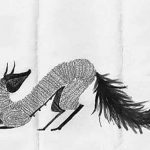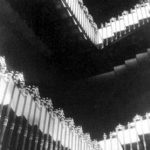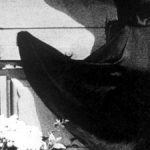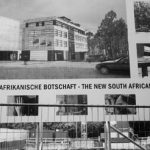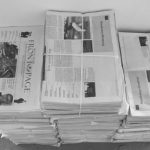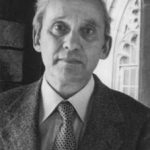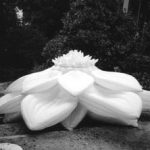Lenin and Gandhi: A missed encounter?
The theme I shall address today has all the trappings of an academic exercise.* Still, I would like to attempt to show how it intersects with several major historical, epistemological and ultimately political questions. As a basis for the discussion, I will posit that Lenin and Gandhi are the two greatest figures among revolutionary theorist–practitioners […]
